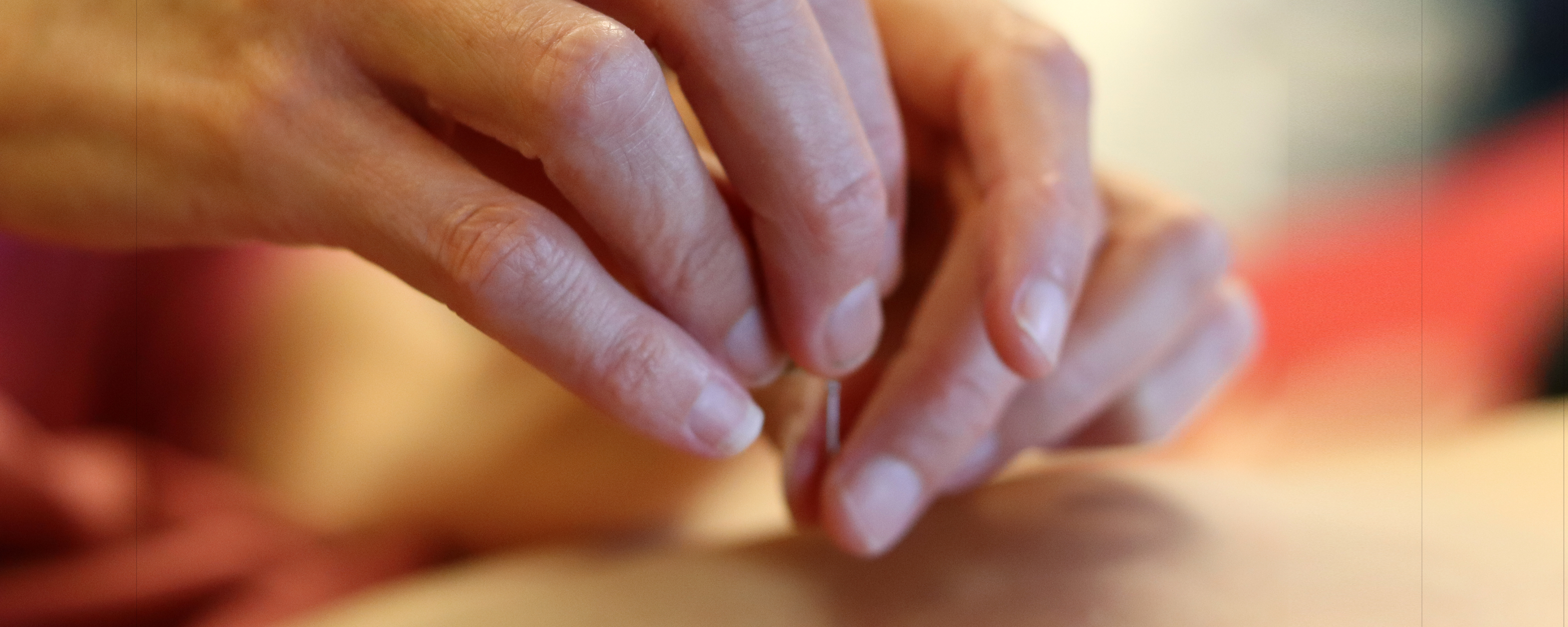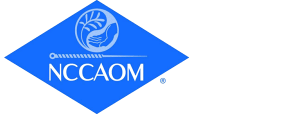Photo Credit: Aryil Bechtel
Acupuncture for Shoulder Pain
Acupuncture for shoulder pain can be an effective treatment on its own or in conjunction with physical therapy. Shoulder pain can make it difficult to twist and reach, making it difficult to put on a seatbelt, put on a jacket or reach overhead. Shoulder pain can make daily functioning inconvenient or painful.
Fortunately, acupuncture can offer immediate relief of painful symptoms. With a few treatment sessions we can reach the root causes of the pain and provide long term relief.
Call for an appointment:
Bethany Bechtel, AP, PhD 352-222-3816
What causes Shoulder Pain? The shoulder is prone to injury due its structure and function. As a ball and socket joint, there is more mobility, therefore more chance for injury.
Key structures around the shoulder include the biceps tendon, and the rotator cuff muscles (the Supraspinatus, Infraspinatus, Teres Minor, Subscapularis) which help to move and stabilize the shoulder 2. Without these structures, the arm would dislocate out of the socket.
Some of the conditions we can treat with acupuncture include:
- frozen shoulder
- bicep tendonitis
- osteoarthritis,
- rheumatoid arthritis
- bursitis
- cervical radiculopathy
- thoracic outlet syndrome
- impingement syndromes
These are all conditions that are more chronic in nature and illustrate a change in function of the shoulder joint. The shoulder just doesn’t work like it should.
Most of these conditions are the result of inflammation of the soft tissue structures of the shoulder girdle: the ligaments, tendons, and muscles. Frozen shoulder results when pain causes a lack of use, and the reduction in mobility ‘freezes’ the shoulder joint 3.
Shoulder Pain Treatments
Conventional treatment of shoulder pain includes: NSAIDS (non-steroidal anti-inflammatories), ice/heat, rest, physical therapy, cortisone injection and, in some cases, surgery.
Unfortunately, there are limitations with all of these options. Rest, ice/heat are the first line of defense but only provide temporary relief. NSAIDS should only be taken for about 10 days because they can have a negative impact on the stomach, potentially causing ulcers and bleeding.
Cortisone injections reduce pain by reducing inflammation. They are not considered pain relievers. Cortisone injections may provide quick relief but repeated cortisone injections to the same area may weaken cartilage, ligament and tendons4.
Acupuncture Treatment for Shoulder Pain
Acupuncture treatment focuses on reducing inflammation, improving blood flow and decreasing pain. Acupuncture excels at treating chronic injuries that don’t respond well to conventional treatment.
Acupuncture involves the insertion of thin, pre-sterilized needles in various areas of the body to elicit a response. Acupuncture stimulates the release of the opiods (pain killing chemicals) as well as adenosine, a natural pain killer with anti-inflammatory properties.5
Unlike a cortisone injection, which is given directly in the injured area, acupuncture needles do not have to be placed in an already injured area. By using a style of acupunture that focuses on distal treatments in parts of the body distant from the painful areas, we can achieve results without causing additional discomfort.
How well does Acpupunture work? In a 2010 study comparing acupuncture to conventional orthopedic treatments, the acupuncture group fared far better. At the three month follow-up, the acupuncture group had a recovery rate of 65% vs. 37% for the orthopedic group.6
Acupuncture is a safe, natural, effective way to treat shoulder problems.
SOURCES
1. http://www.drnickcampos.com/health-newsletter/Rotator_Cuff.jpeg
2. http://www.webmd.com/pain-management/picture-of-the-rotator-cuff
4. http://www.medicinenet.com/cortisone_injection/page2.htm
5. Pain. 2010 Oct;151(1):146-54. Epub 2010 Jul 23. German Randomized Acupuncture Trial for chronic shoulder pain (GRASP) – a pragmatic, controlled, patient-blinded, multi-centre trial in an outpatient care environment. Molsberger AF, Schneider T, Gotthardt H, Drabik A.
6. Nanna Goldman, Michael Chen, Takumi Fujita, Qiwu Xu, Weiguo Peng, Wei Liu, Tina K Jensen, Yong Pei, Fushun Wang, Xiaoning Han, Jiang-Fan Chen, Jurgen Schnermann, Takahiro Takano, Lane Bekar, Kim Tieu, Maiken Nedergaard. Adenosine A1 receptors mediate local anti-nociceptive effects of acupuncture. Nature Neuroscience, 2010; DOI: 10.1038/nn.2562



